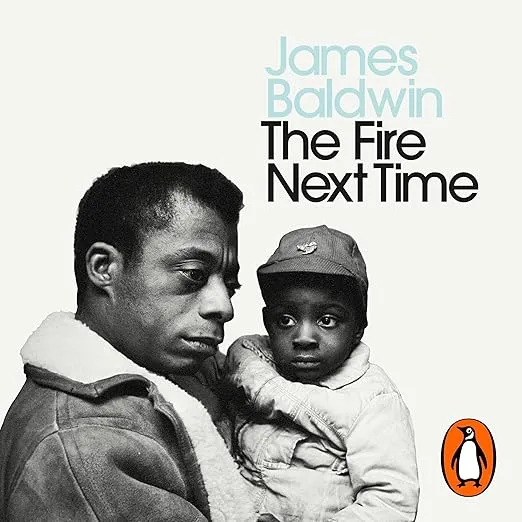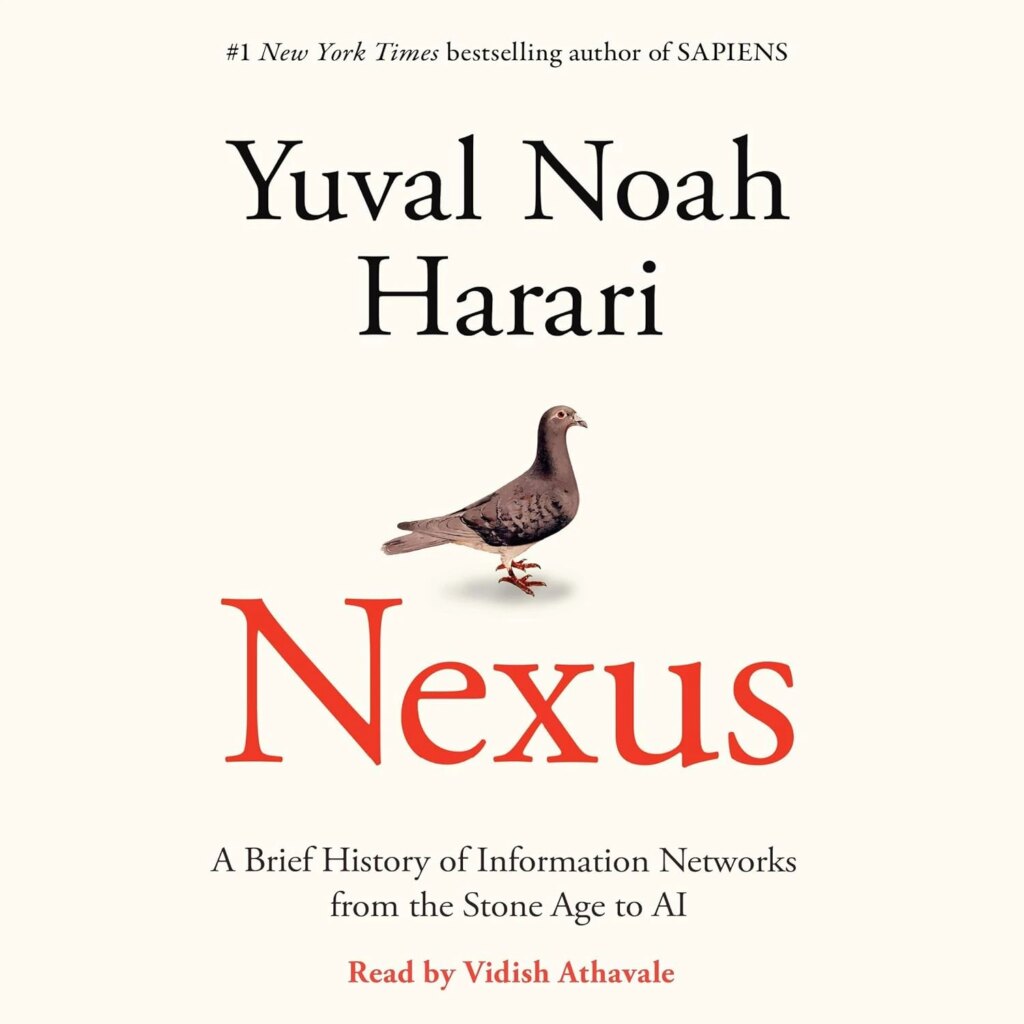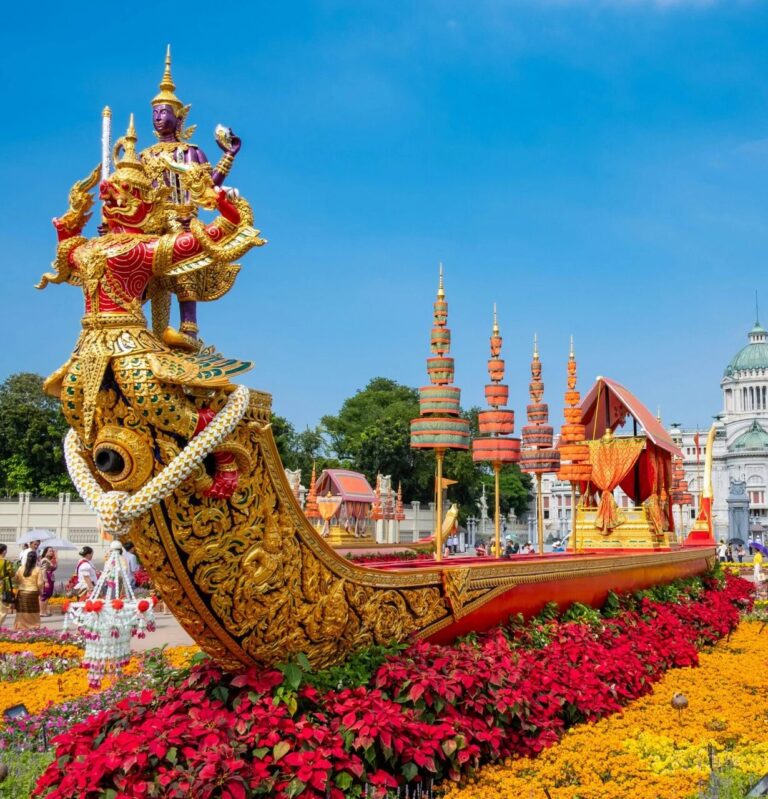A reading list of 30 historical books, to help you understand human history. From prehistory and the ancient era, to the modern period and the digital age.
Distilling millennia of human history down into 30 books is an almost impossible task, so this list was never going to be an exhaustive one. Instead, it is an attempt to capture the richness and diversity of humanity, and to shed some light on who we are, where we came from, and where we are going.
While the list is dominated by non-fiction, there are also novels woven into its fabric. Through fiction, we have the opportunity to get a little closer to the emotional and sensory aspects of history, stepping outside of academia and study and engaging with real lives from times gone by.
Prehistory
Let’s start at the very beginning, or even before the beginning. These five books cover the foundations of language, of belief, of culture, and of humanity, as we take our steps into the prehistorical world.

- The Language Puzzle: Piecing Together the Six-Million-Year Story of How Words Evolved by Steven Mithen
- Ancestors: A Prehistory of Britain in Seven Burials by Alice Roberts
- Mother Earth, Father Sky by Sue Harrison
- Kindred: Neanderthal Life, Love, Death and Art by Rebecca Wragg Sykes
- Inside the Neolithic Mind: Consciousness, Cosmos, and the Realm of the Gods by David Lewis-Williams and David Pearce
Ancient History
As we explore the ancient world, we use graphic works to engage with Ancient China and epic poetry to connect with Ancient Greece. We’re looking at both the canonical wonders of the ancient world and also at those civilizations sometimes unfairly ignored by history textbooks.

- The Other Ancient Civilisations: Decoding Archaeology’s Less Celebrated Cultures by Raven Todd DaSilva
- Seven Wonders of the Ancient World by Bettany Hughes
- Odyssey by Homer
- Foundations of Chinese Civilization: The Yellow Emperor to the Han Dynasty (2697 BCE – 220 CE) by Liu Jing
- The Golden Road: How Ancient India Transformed the World by William Dalrymple
Medieval History
The themes of travel and migration are strong as we step into the medieval world, following in the footsteps of Ibn Battuta, the maritime Polynesians, and the trade corridors connecting Europe and Asia. We’re also examining how mythology and disease shaped societies.

- The Rihla by Ibn Battuta
- The Silk Roads: A New History of the World by Peter Frankopan
- Storyland: A New Mythology of Britain by Amy Jeffs
- Sea People: The Puzzle of Polynesia by Christina Thompson
- The Great Mortality: An Intimate History of the Black Death, the Most Devastating Plague of All Time by John Kelly
Early Modern History
In the Early Modern Period, Caroline Dodds Pennock subverts common understandings of the exploration age, telling the remarkable stories of the first Indigenous Americans in Europe. Empires rise and fall, and age-old cultures and civilizations are imperiled by an age of tumult and change.

- On Savage Shores: How Indigenous Americans Discovered Europe by Caroline Dodds Pennock
- Wolf Hall by Hilary Mantel
- The Ottoman Empire, the Classical Age by Halil Inalcik
- An Indigenous People’s History of the United States by Roxanne Dunbar-Ortiz
- Memory of Fire: Genesis by Eduardo Galeano
Modern History
Said, Fanon, and Baldwin help us to better understand the complex dynamics of the modern period, while Salman Rushdie’s fiction casts a magical-realist light upon the birth of a new nation. Meanwhile, Simon Sebag Montefiore tells us the story of one of the most remarkable dynasties in history.

- Midnight’s Children by Salman Rushdie
- Romanovs by Simon Sebag Montefiore
- Orientalism by Edward Said
- The Wretched of the Earth by Frantz Fanon
- The Fire Next Time by James Baldwin
The Digital Age
History continues to unfold, and we stand on the cusp of a new era. Environmentalism, cultural identity, data science, philosophy, and humanity itself, intersect as we try to understand our role in a dynamic new world. Closing out the list is a staggering work of science fiction by Arthur C. Clarke, which contextualizes humanity’s position in the vast ocean of the cosmos.

- We Are Displaced by Malala Yousafzai
- Nexus: A Brief History of Information Networks from the Stone Age to AI by Yuval Noah Harari
- The Human Planet: How We Created the Anthropocene by Mark Maslin and Simon L. Lewis
- Reality+: Virtual Worlds and the Problems of Philosophy by David J. Chalmers
- 2001: A Space Odyssey by Arthur C. Clarke
Personal Explorations in the Richness of History
As I said right at the beginning, this is in no way an exhaustive list. It simply could not be so – the scope of human history is just too vast, and the number of books written on the subject is just too great, to cover everything.
But hopefully, I’ve provided a valuable starting point – a foundation upon which you can build your own reading list. There are cultures and histories that do not appear in the list at all, and this is regrettable, but unfortunately, this is the nature of creating a compilation of this type.

With this in mind, I urge you to build on this list. Add more books, more writers, more voices. Leave no stone unturned as you engage with humanity’s history. By understanding those who went before us, we better understand ourselves. And by better understanding ourselves, we better understand each other. And if the world needs one thing right now, it’s a better mutual understanding.
Join our community of 1.5M readers
Like this story? You'll love our free weekly magazine.








